Human By Chance? (2020)
• January 1st, 2020 • 0h 52min
Documentary
Overview
If we compare ourselves with our genetically closest living relatives, the chimpanzees, we have few physical advantages. We are far weaker, cannot move nearly as fast, and do not have the same climbing capabilities. Instead, humans excel in areas such as architecture, religion, science, language, writing, art, culture, and ideas. These achievements are due to our larger brain that contain billions of neurons. It was the rapid growth of our brain, originating about 2 million years ago, that allowed us to be the predominant species of the world. What caused this rapid growth of our cerebral cortex? Researchers worldwide have asked this question for many years, but now there finally seems to be an answer.
Make sure to check your pop-up blocker!!
Trailer
Similar Movies

Sapiens ou la naissance de l’art
Released on: 2022-01-24
Documentary, History
We immerse ourselves in a quest for the origins of Art, among the very first modern humans. The preh...

Brains in Danger
Released on: 2017-11-11
Documentary
For the past 20 years, the world has seen an alarming decrease in IQ and a rise of autism and behavi...

Les Derniers Secrets de l'humanité
Released on: 2023-08-25
Documentary, History
This series incorporates the latest animated 3D films to explore recent discoveries about human hist...
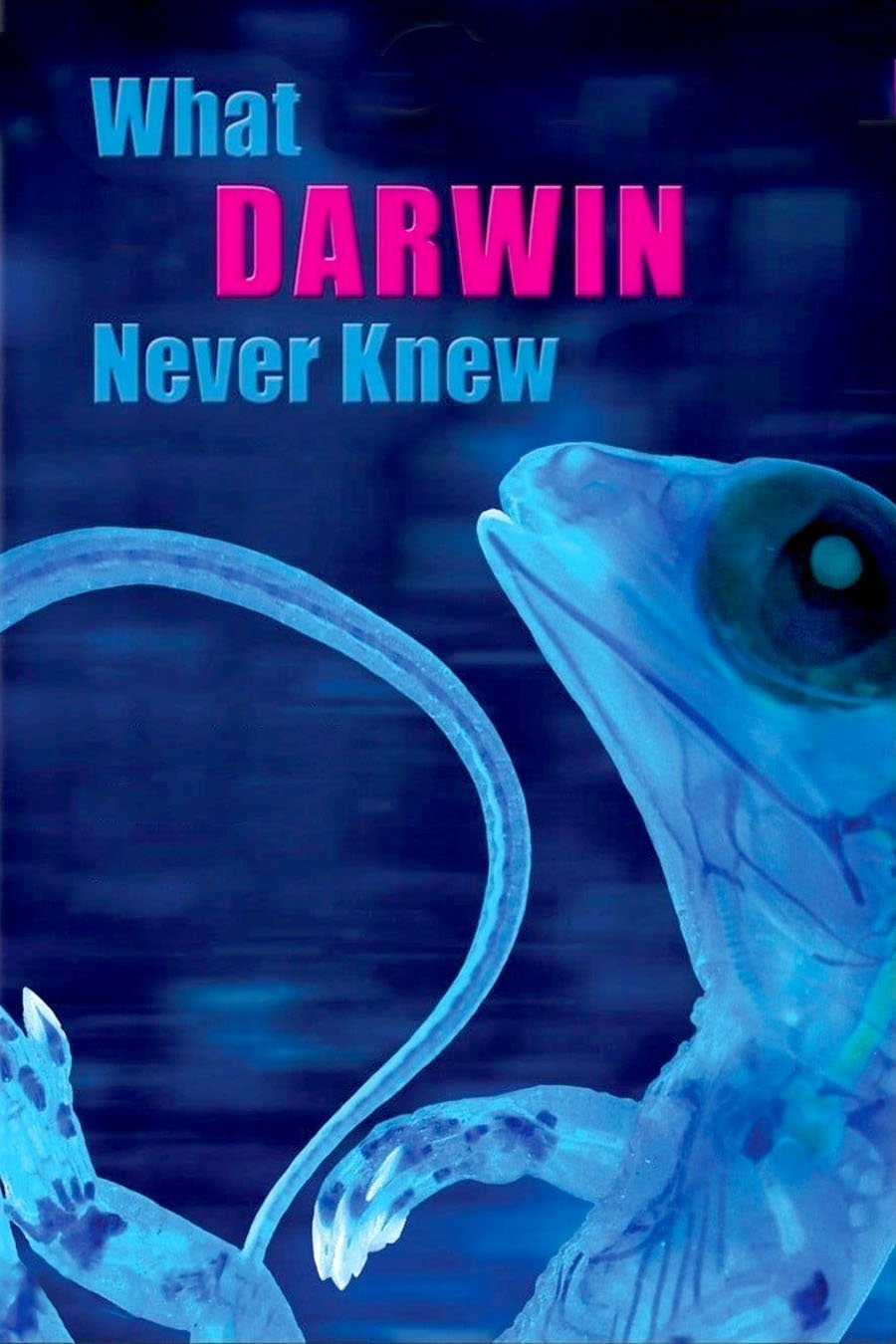
What Darwin Never Knew
Released on: 2009-12-29
Documentary, History
Earth teems with a staggering variety of animals, including 9,000 kinds of birds, 28,000 types of fi...

The Dark Gene
Released on: 2015-06-11
Documentary
The film tells a very personal story from two perspectives: our protagonist is both doctor and patie...
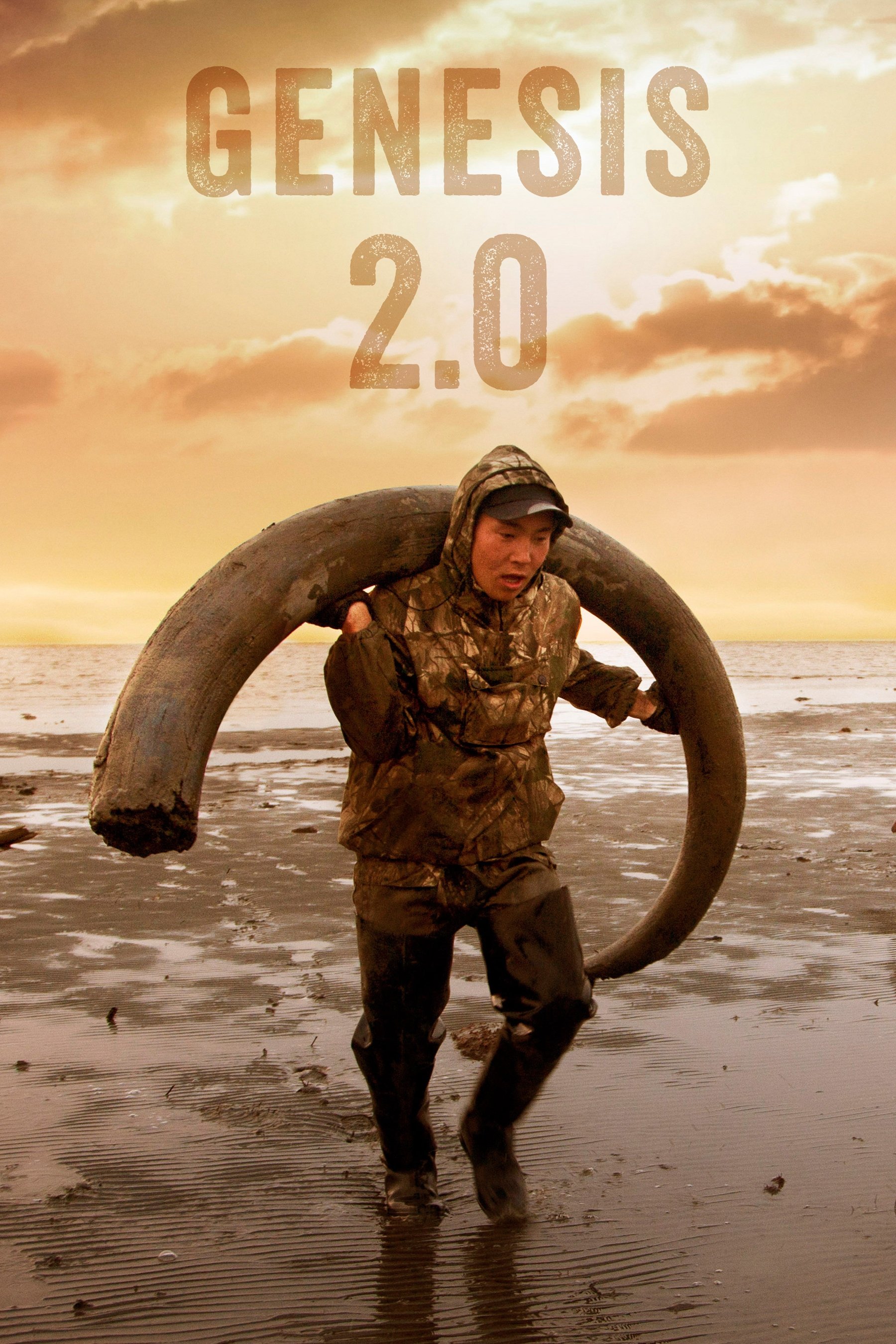
Genesis 2.0
Released on: 2018-11-28
Documentary
A well-preserved mammoth carcass is found in the remote New Siberian Islands in the Arctic Ocean, op...

Mind of a Rampage Killer
Released on: 2013-02-20
Documentary
Can science help us understand these crimes?

The Journey of Man: A Genetic Odyssey
Released on: 2003-01-21
Documentary
Many geneticists and archaeologists have long surmised that human life began in Africa. Dr. Spencer ...
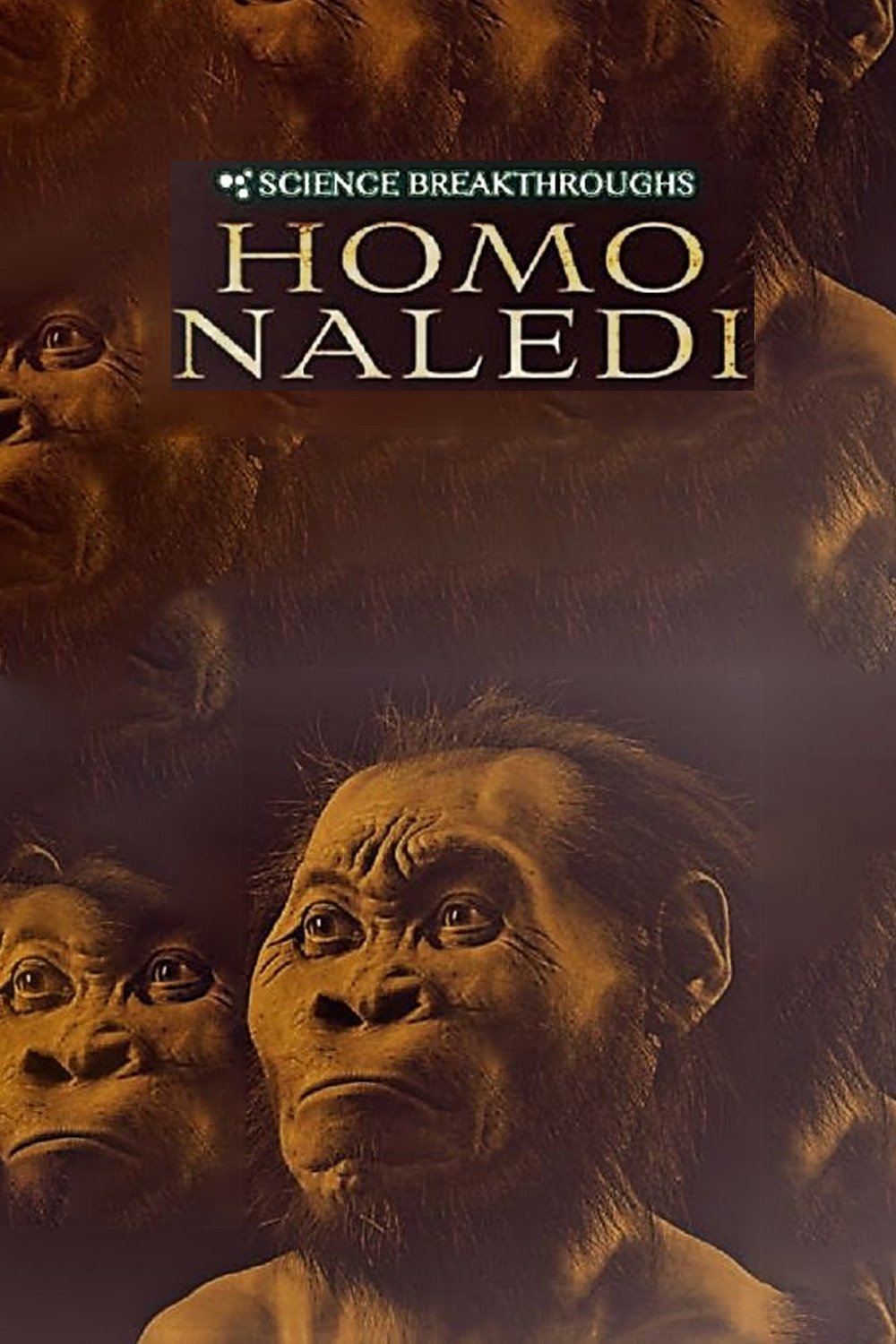
Science Breakthroughs: Homo Naledi
Released on: 2017-12-25
Documentary
Science Breakthroughs: Homo Naledi Discovered in 2013, new and puzzling finding of small-skulled fos...

And Man Created the Cow
Released on: 2016-11-19
Documentary
10,000 years ago, the European forests were inhabited by huge cattle with protruding horns: the auro...

Le grand roman de l'homme
Released on: 2014-01-01
Documentary
At what point in our evolution did we start talking? To paint, play music and travel? When did we bu...
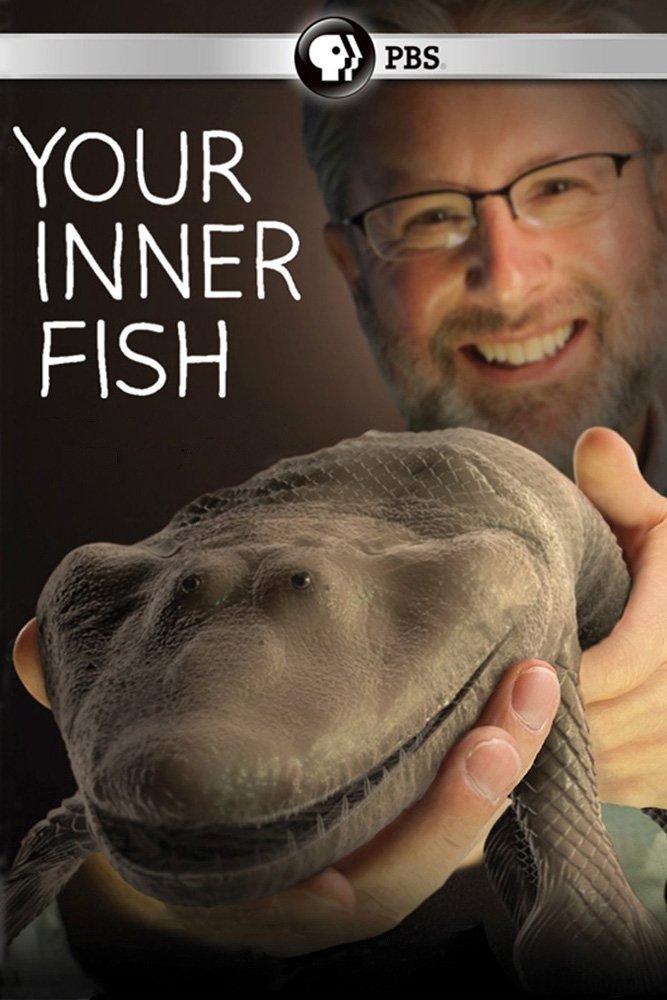
Your Inner Fish
Released on: 2014-04-09
Documentary
How did your body become the complicated, quirky, amazing machine it is today? Anatomist Neil Shubin...

Out Of Europe
Released on: 2020-02-08
Documentary
Looking at whether the history of early human evolution should be rewritten. For decades, most exper...
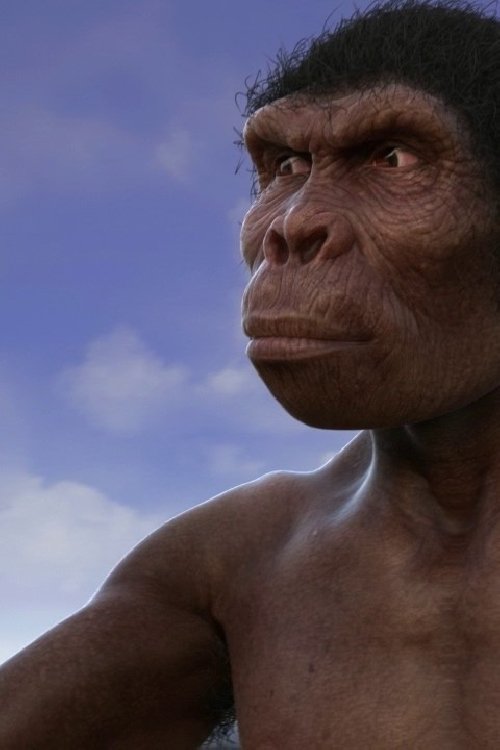
Evolution from ape to man
Released on: 2017-02-01
Animation, Documentary
For Millions of years, our planet has been floating in space. Millions of creatures have lived on it...



